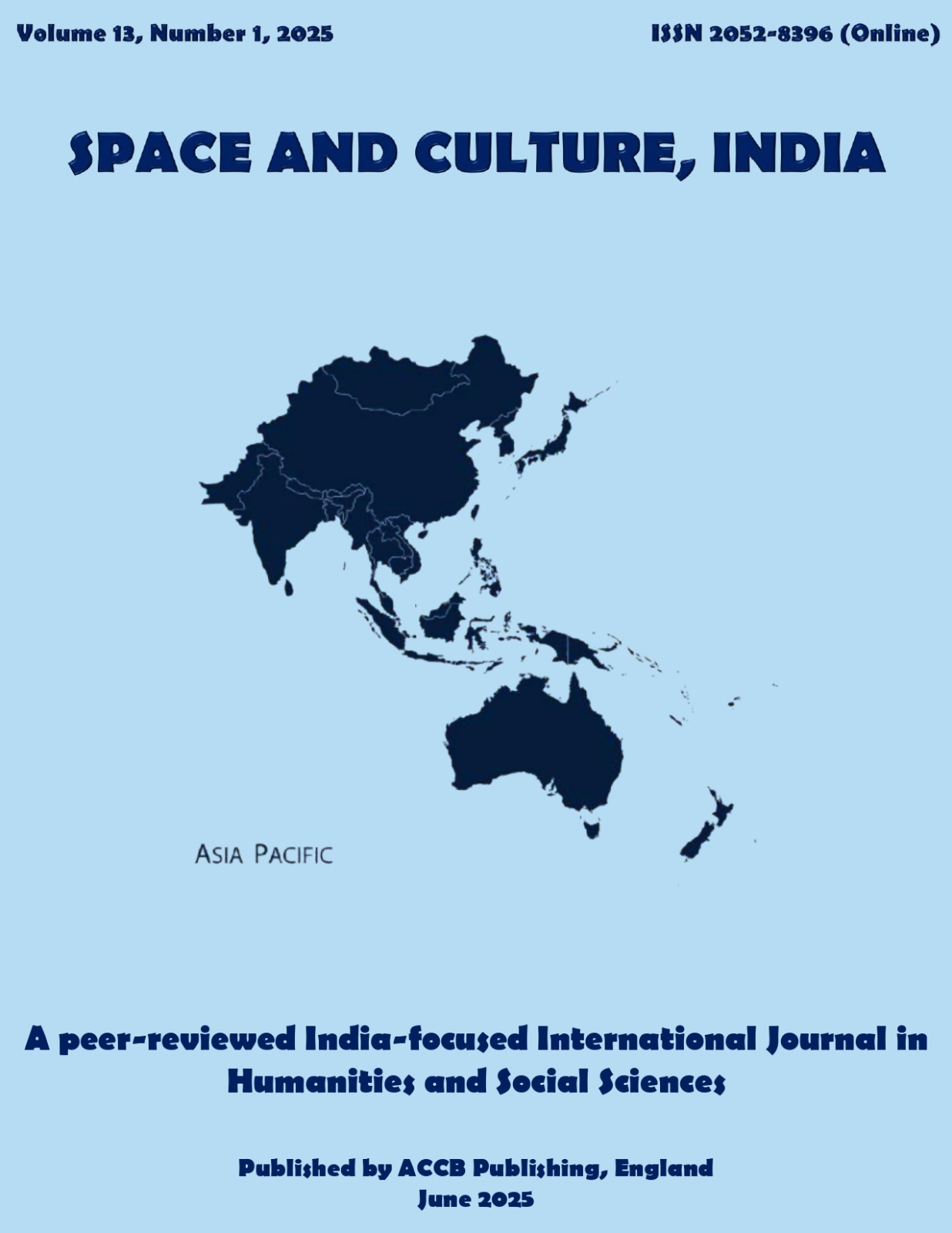Adaptation of State Security to Modern Military Operations and Terrorist Risks in the World

Abstract
Military conflicts and terrorism are increasingly overlapping, creating complex threats that undermine both global and national security. Hostilities, terrorist attacks, cyberattacks, and radicalisation on the home front necessitate a rethinking of the functions of state security. The editorial analyses the ability of state security systems to adapt to the challenges of modern warfare and international terrorism. The relevance of the study is due to the aggravation of interstate conflicts— first of all, Russia’s full-scale war against Ukraine and terrorism in the world. The goal is to comparatively assess the strategies of governments for prevention, response and long-term recovery in the face of threats, as well as to develop recommendations for improving institutional resilience. The methodology is based on an interdisciplinary approach that combines the analysis of national security doctrines, counterterrorism legislation, and indicators of institutional capacity in Ukraine, Kazakhstan, Uzbekistan, and Türkiye. The theoretical significance of the work lies in the conceptualisation of “adaptive security” as a complex state process, and the practical value lies in the proposed recommendations for updating doctrines, crisis management procedures and interagency coordination.
Keywords
State Security, Modern Warfare, Terrorism, Hybrid Warfare, Cybersecurity, Asia-Pacific
Author Biography
Karlis Ketners
Karlis Ketners is a professor at the Faculty of Bioeconomy Development, Vytautas Magnus University, Kaunas, Lithuania. Dr Karlis Ketners from 2022 is a Corresponding member of the Latvian Academy of Sciences (Economics). His research findings have been published in several peer-reviewed articles in journals and conference proceedings presented at numerous scientific conferences. From 1995, published more than 155 scientific publications in the public sector economics and administration field, 31 articles in professional journals.
References
- Dragan, I., Panfilova, T., Chistiakova, I., & Tatarinov, R. (2025). Public-private partnerships in National Security. A case study in the context of the war in Ukraine: 2022-2024. Clio. Revista de Historia, Ciencias Humanas y Pensamiento Critico, 5(9), 599-631. https://doi.org/10.5281/zenodo.14566958
- Eraliev, S., & Urinboyev, R. (2024). Social Media, Anti-Corruption Activism and Democratisation in Authoritarian Contexts: A Case Study of Uzbekistan. Demokratizatsiya: The Journal of Post-Soviet Democratization, 32(3), 251-276. https://muse.jhu.edu/article/953962.
- Karakoç, J., & Ersoy, D. (2024). Turkish Foreign Policy in the Nexus Between Securitization and Populism. Journal of Balkan and Near Eastern Studies, 1–20. https://doi.org/10.1080/19448953.2024.2414168
- Kirkulak-Uludag, B., & Kurt, S. U. (2023). Why would anyone visit a terror-affected place? A case of Turkey. Journal of Vacation Marketing, 31(2), 386-405. https://doi.org/10.1177/1356766723120386
- Kobilov, F. (2025). From geopolitical pendulum to regional player: Uzbekistan’s regional foreign policy following the leadership change in 2016. Central Asian Survey, 1–21. https://doi.org/10.1080/02634937.2025.2482186
- Kubanova, N., Nessipbayeva, I., Dyussebaliyeva, S., Halibati, H., & Adilgazy, S. (2025). Countering cyber attacks in the Republic of Kazakhstan: Interdisciplinary issues and legal frameworks in the context of social security and economic stability. Social and Legal Studios, 8(1), 179-194. https://doi.org/10.32518/sals1.2025.179
- Li, Z., Li, X., Dong, C., Guo, F., Zhang, F., & Zhang, Q. (2021). Quantitative Analysis of Global Terrorist Attacks Based on the Global Terrorism Database. Sustainability, 13(14), 7598. https://doi.org/10.3390/su13147598
- Metelskyi, I., & Kravchuk, M. (2023). Features of cybercrime and its prevalence in Ukraine. Law, Policy and Security, 1(1), 18-25. https://doi.org/10.32518/2617-4162-2021-3-68-76
- Parasiuk, V., Kucher, V., Оnyshko, O., Shyshko, V., & Boryslavskyi, R. (2024). Threats to EU Member States induced by mass migration due to the full-scale war in Ukraine: Reconsideration labour legislation. Social and Legal Studios, 7(4), 181-190. https://doi.org/10.32518/sals4.2024.181
- Reznik, O., Samsin, R., Nikolenko, L., Butyrska, I., & Kozakova, I. (2025). Examining Ukraine's approaches and obstacles in addressing cyber-financial fraud amid armed conflict. Journal of Information Systems Engineering and Management, 10(10s), 330-346. https://doi.org/10.52783/jisem.v10i10s.1382
- Shkuta, O., Leheza, Y., Telelym, I., Anosienkov, A., & Yaroshak, O. (2024). National Security in the Conditions of the Russia-Ukraine War: Legal Regulation and Islamic Law Perspectives. Al-Ahkam, 34(1), 99–120. https://doi.org/10.21580/ahkam.2024.34.1.20413
- Tan, J., & Cheng, M. (2024). Tourism, War, and Media: The Russia-Ukraine War Narrative. Journal of Travel Research, 64(5), 1031-1044. https://doi.org/10.1177/00472875241245047
- Trofymenko, O., Sokolov, A., Chykunov, P., Akhmametieva, H., & Manakov, S. (2024). AI in the military cyber domain. Technologies and Engineering, 25(4), 85-92. ttps://doi.org/10.30857/2786-5371.2024.4.8
- Trushaj, А. (2023). Features of the foreign policy of the Republic of Kazakhstan. Foreign Affairs, 33(5), 45-51. https://doi.org/10.46493/2663-2675.33(5).2023.45-51
- Tsiupryk I. (2016). Special Investigative Techniques and other Legal Mechanisms for Gathering Evidence in Proceedings on Crimes Related to Terrorist Activity under the Laws of Certain Foreign Countries. Scientific Journal of the National Academy of Internal Affairs, 21(4), 226-233. https://tinyurl.com/3fnx2dzk
